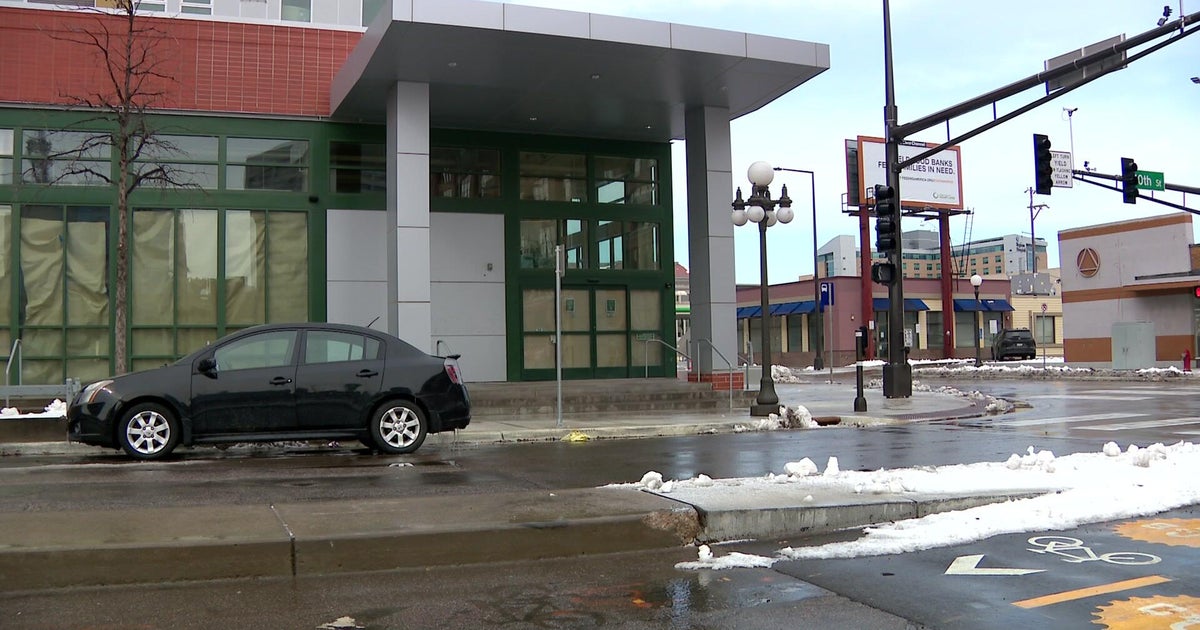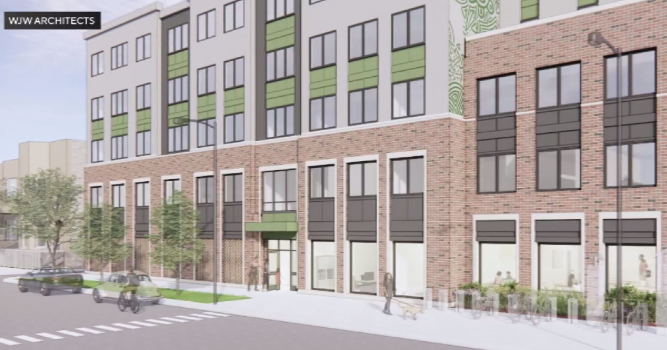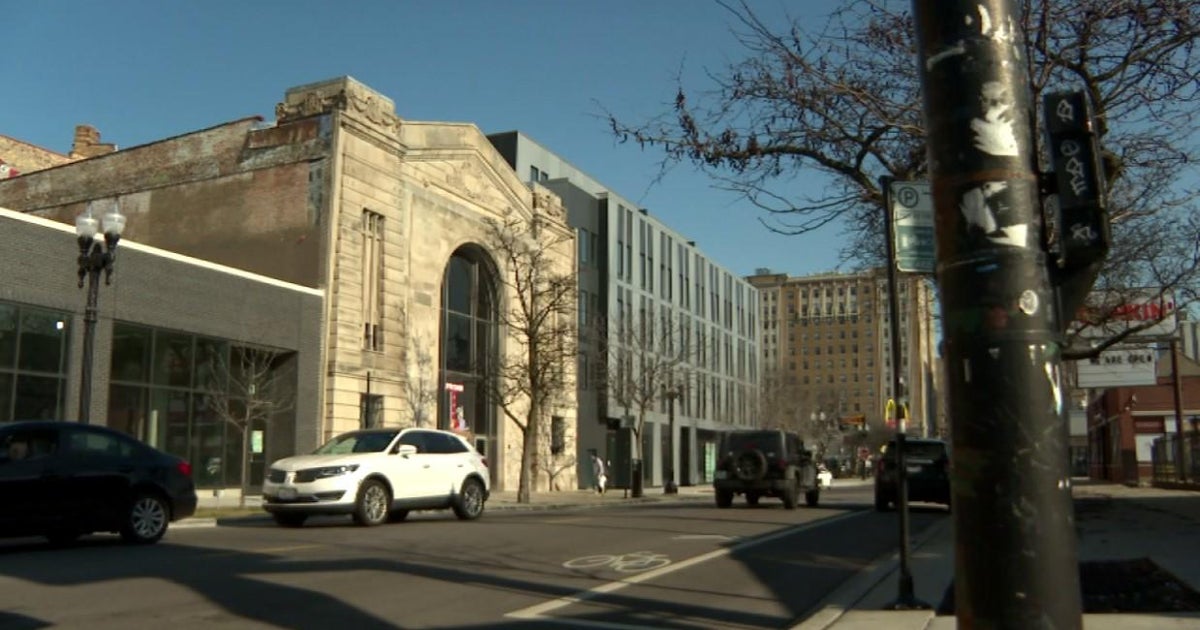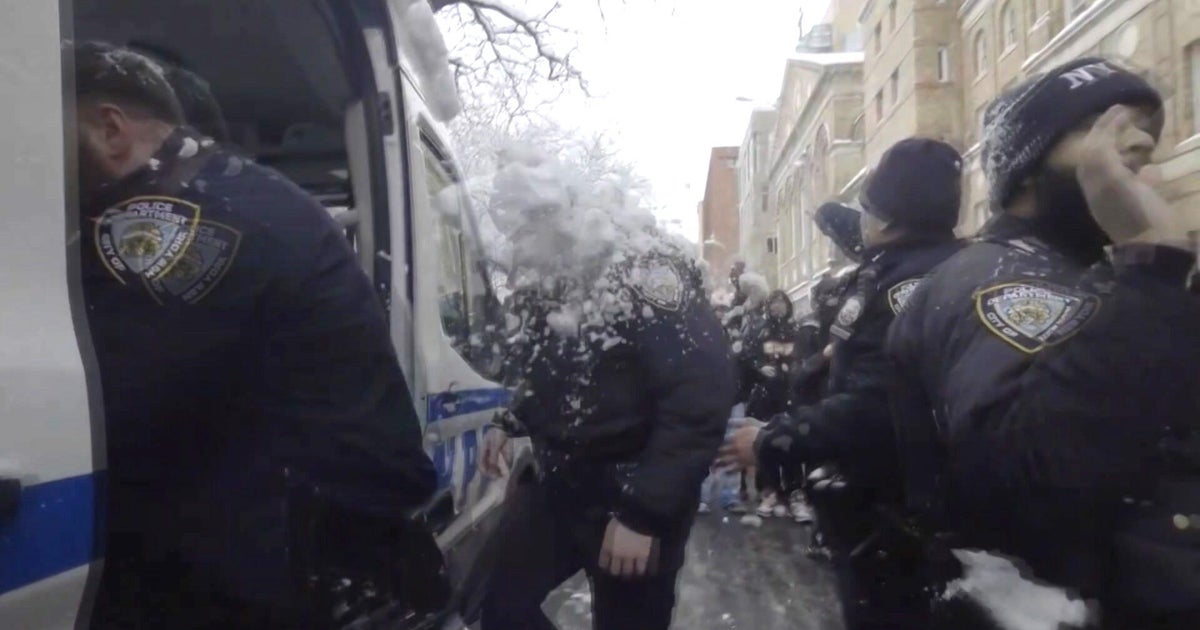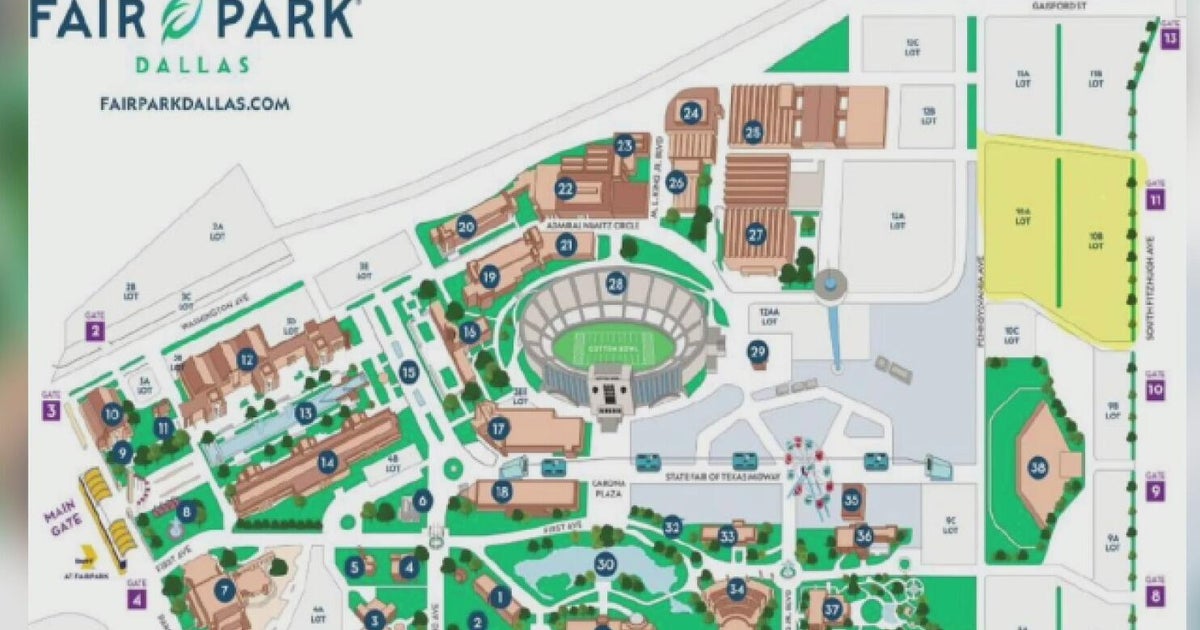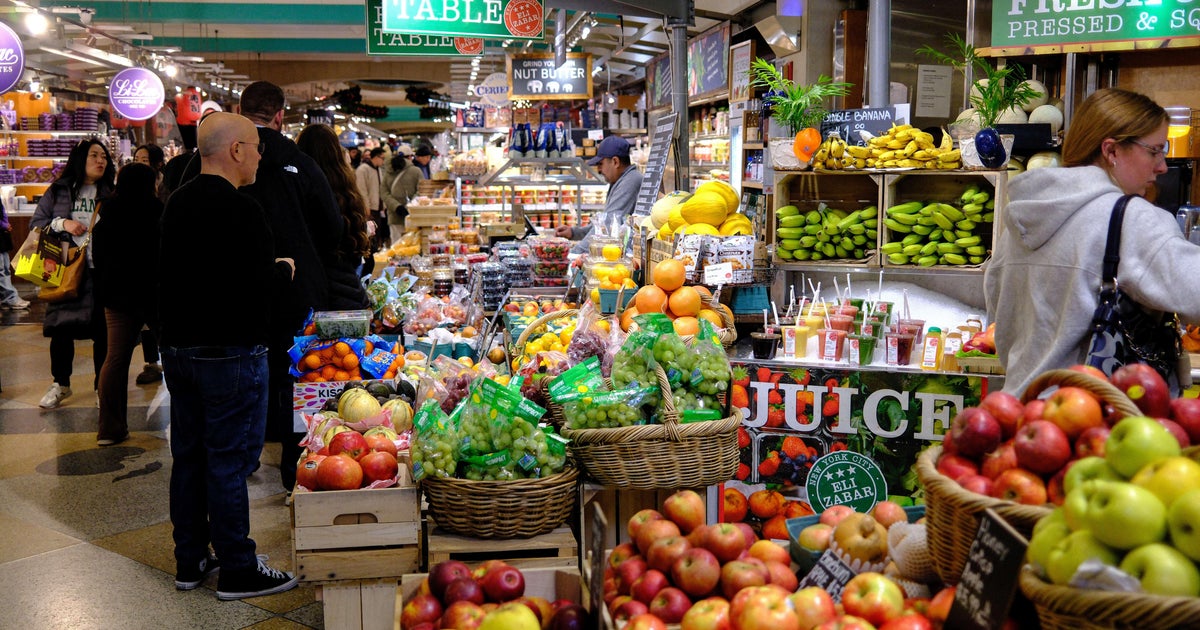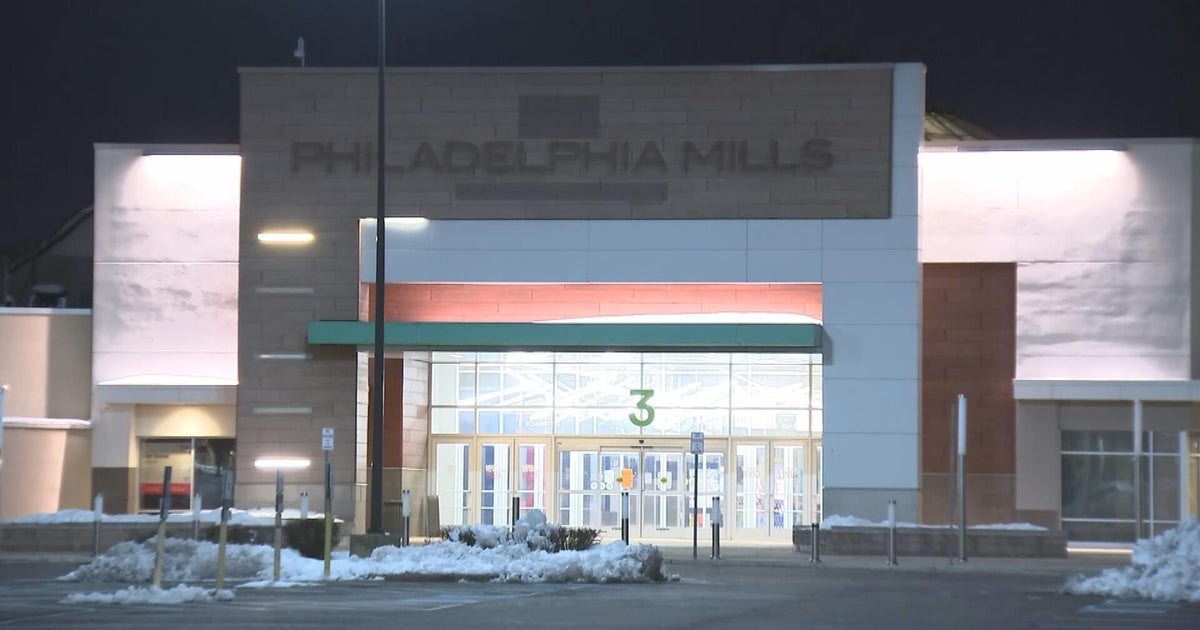Good Question: How Strict Are Minnesota's Liquor Laws?
MINNEAPOLIS (WCCO) -- No one at Haskell's in downtown Minneapolis or at The Four Firkins in St. Louis Park expected Minnesota's liquor laws to change Tuesday.
Again, an effort to end the ban on Sunday liquor sales went down in the Minnesota Legislature. This time it was by a vote of 106-21. Not even close.
So how does Minnesota compare to other states when it comes to liquor laws?
"Minnesota has some of the most restrictions on liquor sales," said legislative auditor James Nobles.
He said that the Sunday restriction was just part of it. Minnesota doesn't allow liquor sales inside grocery stores. And owners are restricted to one license for a liquor store in any given city.
"There's a lot of inertia," said Bryan Buser, a certified cicerone at Four Firkins in St. Louis Park. Buser and Four Firkins have been at the forefront of trying to change Minnesota's law banning Sunday sales.
"We've been used to being able to buy alcohol Monday through Saturday," said Beau Farrell, part of the family that owns Haskell's Liquor Stores.
Every border state and Canada allows Sunday liquor sales. Across the country, Minnesota is part of just twelve states that still have the Sunday blue law: Alabama, Indiana, Mississippi, Montana, North Carolina, Tennessee, Texas, South Carolina, Utah, and West Virginia.
"Only 12 states left, more and more are changing every year. Colorado changed recently, New York changed recently, neither of their liquor industries have gone down the drain," Buser said.
The public wants it. The last poll showed 59 percent want Sunday sales, 29 percent are opposed.
But the vast majority of liquor stores like the current law.
"We're gonna see the same amount of business over seven days," Farrell said.
Part of what makes Minnesota different is the combination of privately-owned liquor stores and city-owned municipal liquor stores. According to the Minnesota Municipal Beverage Association, 210 cities own municipal liquor stores.
"We're a very unique place in the country when it comes to that," Farrell said.
That creates a powerful group fighting for the status quo. The cities, private stores, and liquor wholesalers all fight as a team.
"The liquor lobby is talking to them every single day and they're not really hearing from the people that it matters to," Buser said.
In Minnesota, you can't sell beer and wine inside a grocery store - 33 states allow that, according to the Minnesota Grocers Association.
And an owner can only have one store in any one city. That's why there's only one Haskell's in Minneapolis.
The theory, according to Farrell, is: "Let's, you know, keep sales up...and not rock the boat, so to speak."
We are not, however, as restrictive as in some places. In Pennsylvania, for instance, all the liquor stores are run by the state. Almost 40 percent of Alabama's counties don't allow the sale of alcohol at all. In Kentucky, 39 counties are totally dry: no liquor sales at stores or restaurants.
